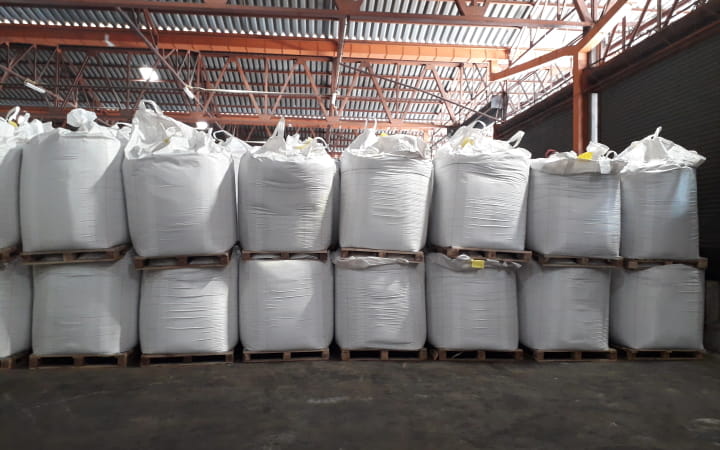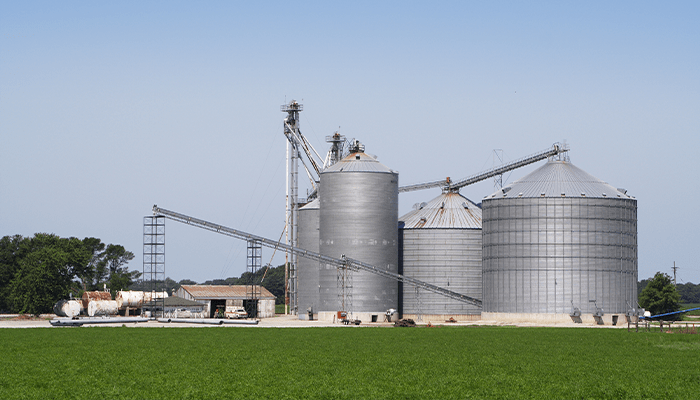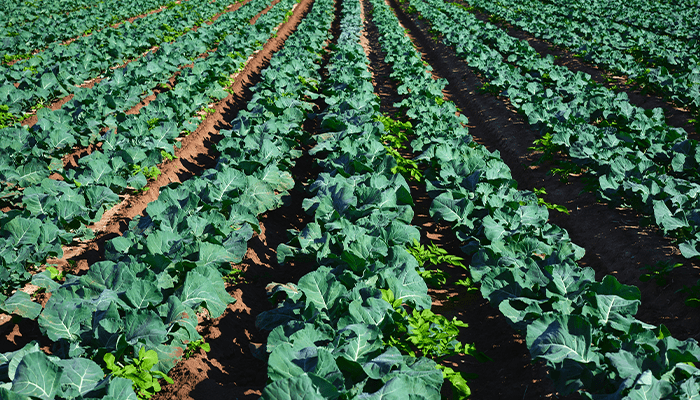
Proactive Measures Crucial to Safe Storage of Fertilizer
The August 4, 2020, explosion in Beirut, Lebanon, was a deadly reminder of the need for safe storage and handling of crop nutrients. Ammonium nitrate, highly regulated at the state and federal level, is used by farmers and food producers to grow the world’s food, fuel and fiber. Because of its agronomic and environmental benefits, it is primarily used on pastureland, hay, fruit and vegetable crops.When handled in accordance with U.S. regulation, ammonium nitrate fertilizers are safe. Incidents involving ammonium nitrate are rare, but improper storage and handling can have severe consequences.
In general, storage conditions are crucial to the safety and stability of the ammonium nitrate. Further, materials co-located or stored with ammonium nitrate may play a role in its sensitivity to explosion.
The Environmental Protection Agency (EPA), the Occupational Safety and Health Administration (OSHA), and the Bureau of Alcohol, Tobacco, Firearms, and Explosives (ATF) issued an advisory to improve chemical risk management, advance ammonium nitrate safety, and protect human health and the environment.
Persons engaged in the handling, storage, movement and management of ammonium nitrate must be aware of the material’s hazards and work to avoid conditions that lead to explosions. Measures that facility owner/operators should take include:
- Avoid heating ammonium nitrate prills in a confined space
- Ensure that ammonium nitrate is not exposed to strong shock waves from explosives
- Avoid contamination of ammonium nitrate with combustible materials or organic substances such as packing materials, dust, seed, oils and waxes
- Avoid contamination of ammonium nitrate with inorganic materials that may contribute to its sensitivity to explosion, including chlorides and some finely divided metals, such as aluminum powder, chromium, copper, alloys of copper, cobalt and nickel
The advisory provides detailed guidance on storage building design, storing ammonium nitrate in bags, drums, or other containers, storage in bulk and fire protection.
Owners and operators of facilities holding ammonium nitrate should ensure that emergency responders are aware of the ammonium nitrate's hazards. They should also be proactive and reach out to local emergency response officials to ensure that responders understand the hazards of ammonium nitrate and relevant characteristics of the facility.
Fire services should regularly visit any facility reporting ammonium nitrate and review the conditions of storage and manner of handling for compliance with state and federal regulations. Fire service and other emergency responders should develop a pre-incident plan and make a note of the specific location(s), amounts, and packaging of stored ammonium nitrate.
Is your organization following safe handling and storage practices? Contact a member of our agribusiness team for more information and resources to ensure compliance with environmental, safety, security, and health regulations to keep employees, customers and communities safe.

Featured News & Insights

The outlook for the U.S. poultry market is promising as demand remains high, flock populations have recovered, and market prices are expected to increase, according to the USDA’s August 2024...

Grain entrapments are down 36 percent in 2023, according to Purdue University's Agricultural Safety and Health Program's latest "2023 Summary of U.S. Agricultural and Confined-Space Related Injuries...

The recent announcement from the U.S. Environmental Protection Agency (EPA) regarding the emergency suspension of dimethyl tetrachloroterephthalate (DCPA), commonly known as Dacthal, signals a...